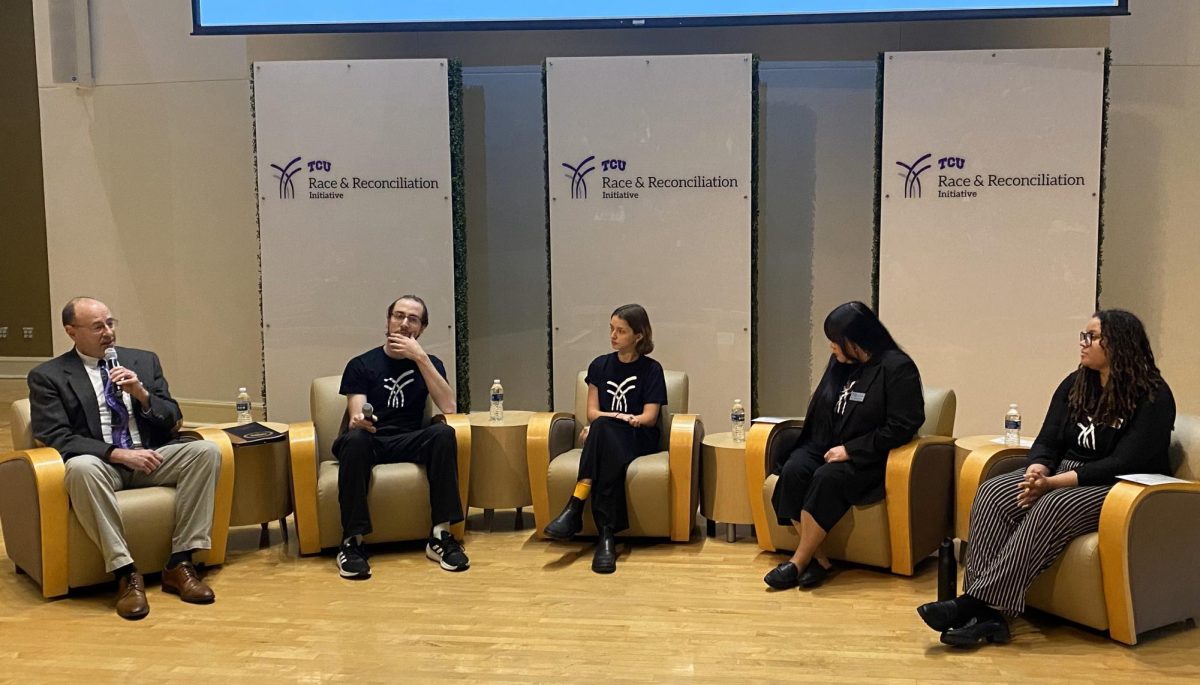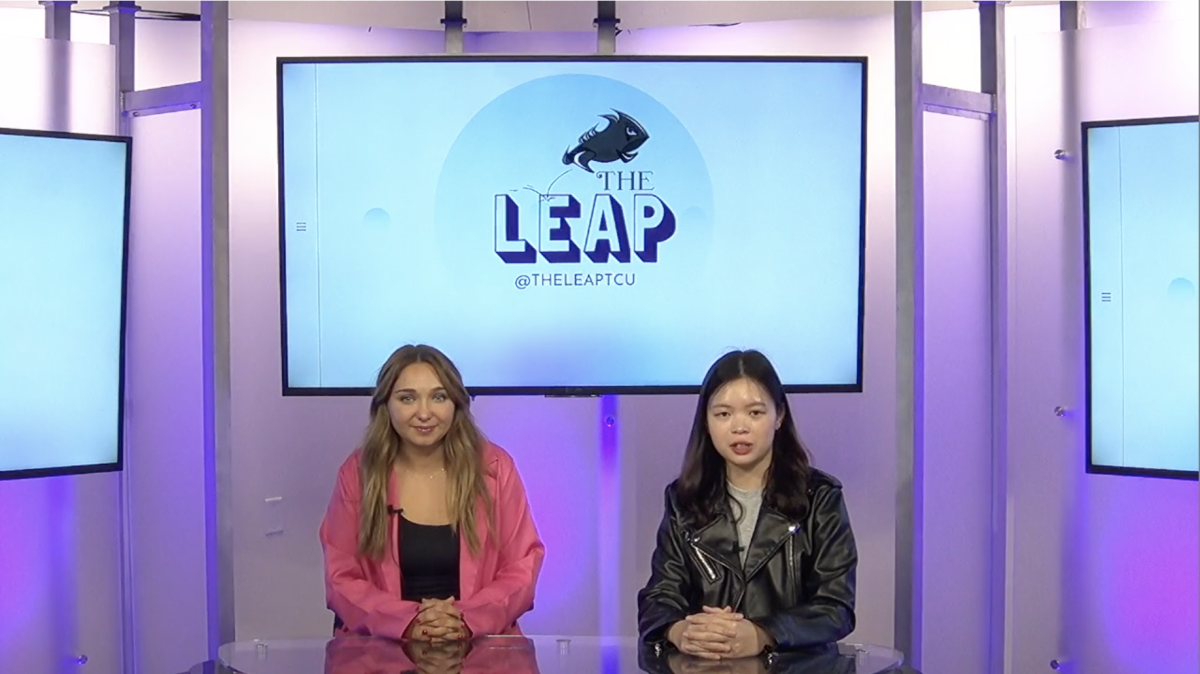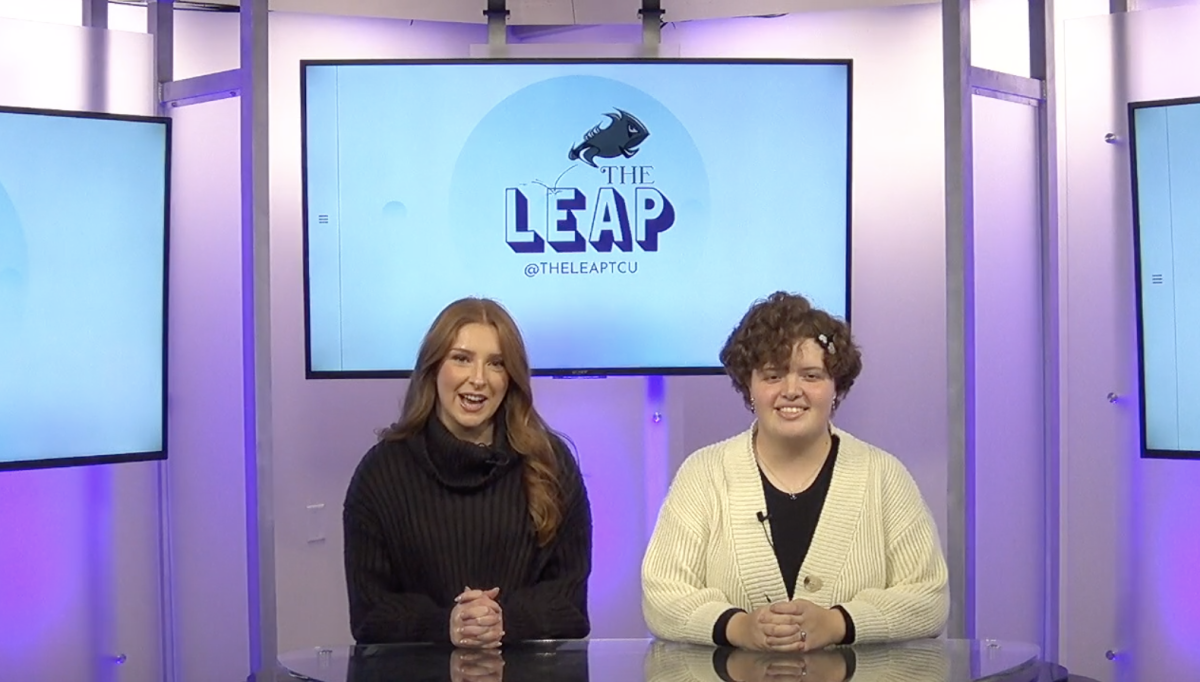There is a crisis in the United States. More profound than the economy and more subtle than values, there is hope for its resolution through individual action. As the wealthy flee public services, income inequality increases and social mobility decreases. The fuel of national democracy begins to run out and the crisis of ignorance sets in. How can a country be a country when it draws lines and hides from an investment in its own future?
Fortunately, college offers the simplest and most effective route to connecting the drifting groups of haves and have-nots in the United States. Beyond their most important goals of education, universities such as TCU encourage the preparedness of every student through work and internships in the communities in which they live.
Working as an English teacher while studying abroad in Seville, Spain, has provided insight into how a job or internship, while in college, serves the development of skills, career goals and the understanding of a new social field or problem in any country. For American students, gaining an intercultural or unfamiliar experience through work breaks the predictability with which life paths lead to existing fractures in the country today.
Living overseas reveals the distinguishing power of speaking a foreign language. Knowing English in Spain offers a perfect lesson in applying skills to a new environment. Teaching in a Catholic school in a Sevillano neighborhood requires linking English concepts to their Spanish counterparts, engaging Spanish students, and building relationships with teachers and curriculum. Through this experience, the nervousness of new leadership and vulnerability has turned into a clearer hold on language and the ability to access students on a personal and emotional level.
The greatest service citizens can offer their country is the living of a full, free and competent life. Years pass in careers through which workers strive to fill their role and build on their rights by making a strong, lasting society. Teaching even basic lessons to young Spanish students reveals the importance of service and development-two key elements of personal career goals. Watching their progress and the smiles accompanying new discoveries shows, on a small scale, the impacts of a career on the collective success of society.
An internship or job is also important for the ways in which it does not relate to the skills and careers of college students. Becoming too “linear” with career pursuits can lead to overspecialization. While focusing is important, taking time to pursue an unexplored area–such as elementary education in Spain–adds perspective in a world all too full of people who think with pocketbooks and their own faces in the mirror. Experiences such as working with the Peace Corps or a volunteer organization remain close at hand for decades to come, influencing values and decisions.
Studying abroad is just one face in a crowded room of ways to make life a testament to liberty and opportunity while chasing dreams through college and beyond. Andrew Carnegie, in his time the richest man in the world, held a philosophy of learning, earning and giving back. These three simple callings can make all the difference in the world.
Pearce Edwards is a political science and history double major from Albuquerque, New Mexico






